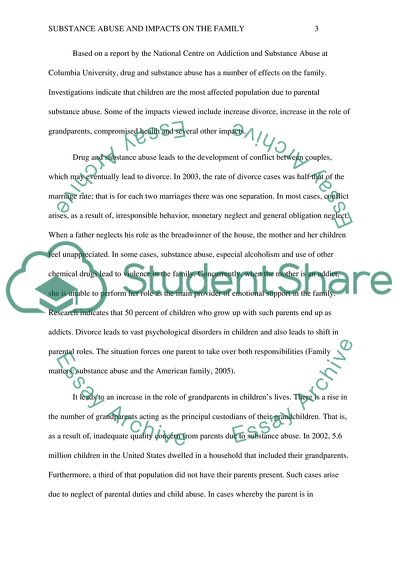Cite this document
(Substance Abuse and Impacts on the Family Term Paper, n.d.)
Substance Abuse and Impacts on the Family Term Paper. Retrieved from https://studentshare.org/health-sciences-medicine/1831686-how-substance-abuse-impacts-families
Substance Abuse and Impacts on the Family Term Paper. Retrieved from https://studentshare.org/health-sciences-medicine/1831686-how-substance-abuse-impacts-families
(Substance Abuse and Impacts on the Family Term Paper)
Substance Abuse and Impacts on the Family Term Paper. https://studentshare.org/health-sciences-medicine/1831686-how-substance-abuse-impacts-families.
Substance Abuse and Impacts on the Family Term Paper. https://studentshare.org/health-sciences-medicine/1831686-how-substance-abuse-impacts-families.
“Substance Abuse and Impacts on the Family Term Paper”. https://studentshare.org/health-sciences-medicine/1831686-how-substance-abuse-impacts-families.


